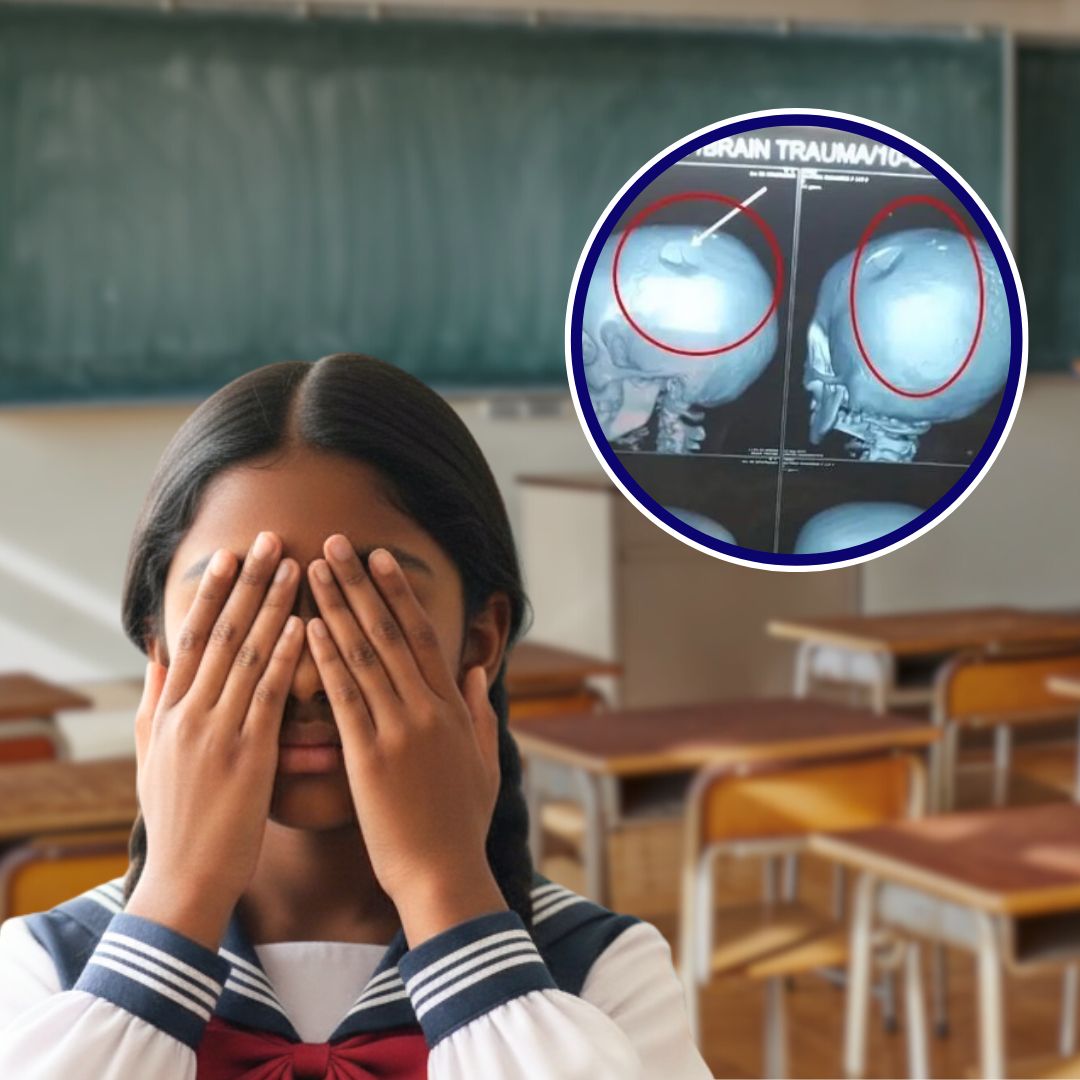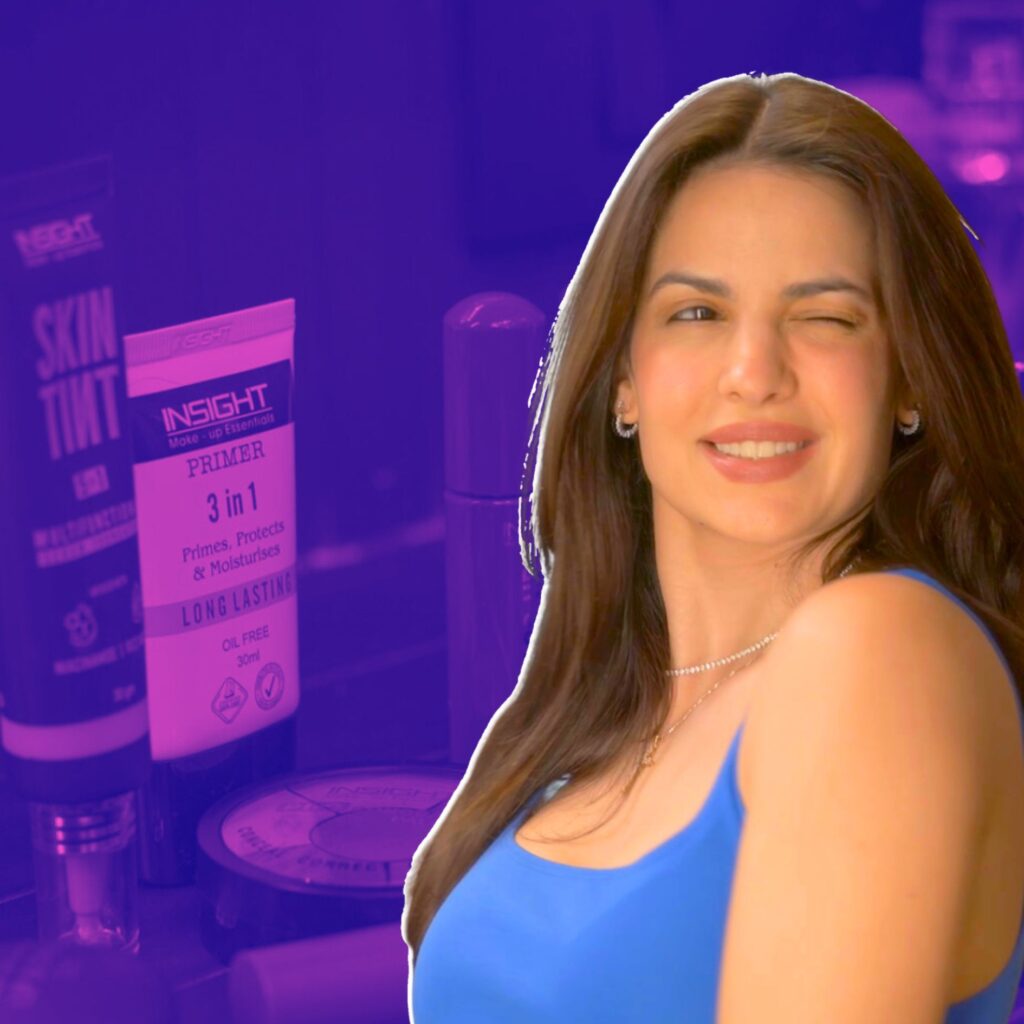A Class 6 student in Punganur, Chittoor district, Andhra Pradesh, has suffered a skull fracture in a disturbing case of alleged corporal punishment by a teacher. Sathvika Nagasri was reportedly struck on the head with a school bag containing a steel lunch box by her Hindi teacher, Saleem Basha, after some mischief in class.
The incident has led to a police investigation, sparking widespread concern about the use of violence in schools and child safety.
Teacher’s Violent Response and Police Action
According to police sources, the teacher’s assault on Sathvika occurred in a moment of anger following the child’s misbehaviour. The head injury caused the student significant pain, dizziness, and persistent headaches. Initially, Sathvika’s mother, who is a Science teacher at the same school, underestimated the injury’s seriousness. However, after multiple hospital visits, a CT scan conducted in Bengaluru confirmed a skull fracture.
Acting on the family’s complaint, the Punganur police promptly registered a case against both the teacher and the school principal. Both individuals have been summoned for questioning, and the school administration has pledged its cooperation with the inquiry. Officials have emphasised the urgency of a careful and transparent investigation given the injury’s severity.
Context of Rising Concerns on Corporal Punishment
This case is not isolated; it reflects a troubling trend of physical punishment being exercised in schools despite legal prohibitions. In a similar recent incident in Andhra Pradesh, a teacher was accused of repeatedly striking a student’s arm with an iron table, resulting in multiple fractures.
Education experts and child rights activists argue that incidents like these expose gaps in enforcing laws designed to protect children in educational settings. Sathvika’s mother has conveyed her anguish and has called for strict accountability.
Meanwhile, education authorities have conveyed their intention to impose stringent disciplinary actions if the allegations are proven. The incidents underline the critical need for schools to adopt non-violent, empathetic strategies for discipline and to establish secure, nurturing environments.
The Logical Indian’s Perspective
This alarming event brings to the fore the importance of replacing punitive disciplinary methods with compassionate and educational approaches to student behaviour management. Children should never be subjected to violence in places where they should feel safe and supported. Corporal punishment not only causes physical injury but can erode trust, emotional health, and the overall development of a child. The Logical Indian strongly advocates for awareness, training educators in empathy, and implementing strict enforcement of child protection laws.
To foster harmonious and safe learning spaces, schools, communities, and policymakers must work together towards these objectives. How can society better ensure the safety and dignity of children in schools while promoting kind and constructive discipline? We invite readers to reflect and contribute their views for positive change.
This case raises urgent questions about the culture of discipline in schools and the measures in place to safeguard children from abuse. It stresses the importance of vigilance, community engagement, and legal action in protecting vulnerable students. As investigations continue, public focus remains on demanding justice for Sathvika and preventing recurrence of such incidents.












